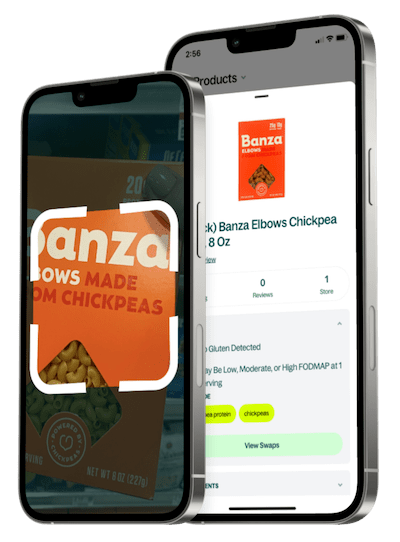Is Nutramigen A+ Hypoallergenic Vegan?


Ingredients
Corn syrup solids, hydrolyzed casein, palm olein oil, modified corn starch, soy oil, coconut oil, high oleic sunflower oil, mortierella alpina oil, l-cystine, crypthecodinium cohnii oil, l-tyrosine, l-tryptophan, taurine, l-carnitine, ascorbyl palmitate, mixed tocopherols, (may contain potassium hydroxide), minerals (calcium citrate, calcium hydroxide, calcium phosphate, cupric sulfate, ferrous sulfate, magnesium oxide, manganese sulfate, potassium chloride, potassium citrate, sodium citrate, sodium iodide, sodium selenite and zinc sulfate), Vitamins (ascorbic acid, biotin, calcium D-pantothenate, choline chloride, di-a-tocopheryl acetate, folic acid, inositol, niacinamide, pyridoxine, hydrochloride, riboflavin, thiamine hydrochloride, vitamin a palmitate, vitamin B12, vitamin D3, and Vitamin K1).
What is a Vegan diet?
A vegan diet excludes all animal-derived foods, including meat, poultry, fish, dairy, eggs, and honey. It focuses on plant-based sources such as fruits, vegetables, grains, legumes, nuts, and seeds. Many people choose veganism for ethical, environmental, or health reasons. When well-planned, it provides sufficient protein, fiber, and antioxidants, though supplementation or fortified foods may be needed for nutrients like vitamin B12, iron, and omega-3 fatty acids. Vegan diets are associated with lower risks of heart disease and improved digestion but require mindfulness to ensure balanced and complete nutrition.


